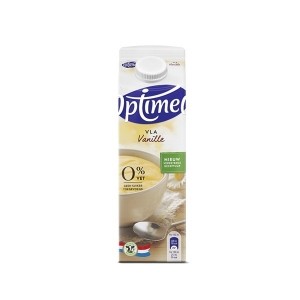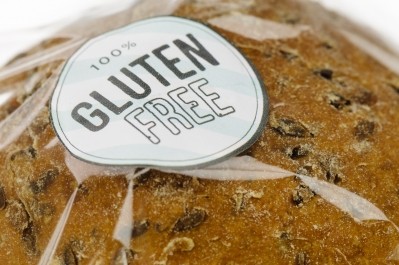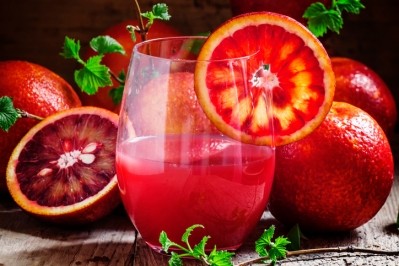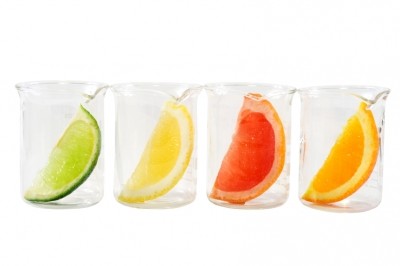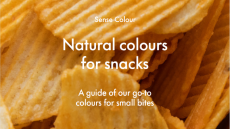Dutch ruling shows need for clearer labelling of artificial flavours: ‘Careful distinction will have to be made’
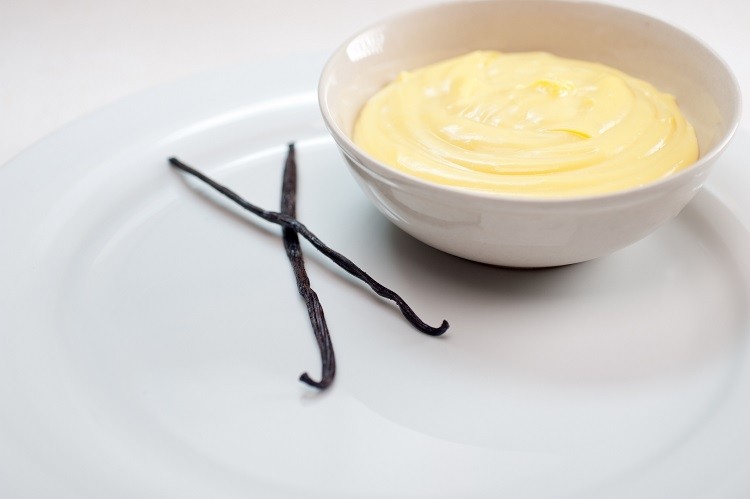
The Advertising Code Committee (ACC) concluded that the labelling of dairy group FrieslandCampina’s Optimel Vanille Vla, a vanilla-flavoured custard, inaccurately gives the “average consumer” the impression that it contains vanilla when, in fact, the custard uses artificial vanilla flavourings.
The ACC noted that the product has a specific ingredient – vanilla – in its name. On the front of the packaging, the product says ‘Optimel Vanille Vla’ alongside a photo of yellow custard. On one side of the package, it says: "Soft vanilla flavour".
“If an ingredient is explicitly mentioned on the front of the package, this clearly gives the impression that the product actually contains this ingredient. There are no statements on the front of the package that show… the word 'vanilla' is intended exclusively and specifically to indicate the taste of the product. The incorrect impression that the product contains vanilla is also insufficiently corrected on the back of the packaging,” the voluntary code adjudicator noted.
The ingredients list includes ‘aroma’. According to FrieslandCampina’s argument during the appeal case, this communicates the use of artificial ingredients because if the aroma comes from real vanilla, this must be referred to as "natural vanilla aroma” in the ingredient declaration.
“This line of defence did not produce the desired result,” Karin Verzijden, food lawyer with Amsterdam-based law firm Axon reflected.
“Overall, the ACC considered FrieslandCampina had overestimated the knowledge of the average food consumer. [With] the name of the product specifically referring to a particular ingredient, the average consumer could undeniably expect the product to contain vanilla. This expectation had been insufficiently "neutralized" by the additional information on the product, like the description "soft vanilla taste" and the aroma in the list of ingredients. FrieslandCampina itself seemed to have understood this as well. During the oral hearing, it had announced it planned to adjust the packaging of the product at stake,” she told FoodNavigator.
Indeed, the ACC stated that to understand the product labelling “one must have the necessary knowledge of the complex regulations with regard to flavourings and the way in which they must be indicated on the label of a product on the basis of European legislation and case law” – not a level of knowledge held by the “average consumer”.
“The incorrect impression created by the front of the package is insufficiently corrected by other statements on the package. The average consumer may well believe that ‘Optimel Vanille Vla’ contains the ingredient vanilla.”
This is the second ruling to go against FrieslandCampina’s labelling of Optimel Vanille Vla. The initial complaint, brought by consumer group FoodWatch earlier this year, saw the dairy cooperative’s argument that Optimel Vanille Vla was a customary name – and therefore permissible under food information to consumers (FIC) Regulation No 1169/2011 - rejected.
‘Times have changed’
FrieslandCampina welcomed the decision. A spokesperson for the dairy group said that it would bring clarity and transparency for consumers, while the initial decision could have contributed to some confusion.
“FrieslandCampina is pleased with the ruling of the Board of Appeal. The Board has made clear that labels may contain taste indications or taste information such as “has vanilla flavor” or “tastes like vanilla”. FrieslandCampina applied for an appeal because the considerations by the Advertising Code Committee (ACC)’s that led to the first ruling would cause confusion amongst consumers, instead of the desired transparency with regard to the taste of a product.”
This will allow FrieslandCampina to help consumers “make an informed choice”. The spokesperson added that the group already indicated it will “take appropriate steps to adapt the product and/or packaging” to comply with the ACC decision.
Verzijden suggested that the decision is a reflection of changing attitudes towards transparency. “This type of product had been around for decades and, personally, I cannot recall the issue at stake to have been an issue at all. One could say that an average and reasonably well-informed consumer should reasonably understand that if the product contained "real" vanilla, it would be much more expensive. However, times have changed.
“Enforcement of the FIC regulation is for real and so is the position taken by consumer organisations. More and more consumers do want to know what's in their food and what not, so food and beverage organisation’s will need to be more accurate than in the old days in their product labelling and presentation.”
What will this look like? Verzijden suggested in the future a “careful distinction will have to be made between food ingredients on the one hand, and flavourings on the other hand”.
When using the term "natural" in combination with "flavouring", at least 95% of the flavouring component should be obtained from the material referred to, she suggested.
Europe-wide implications
According to FoodWatch, the ruling means: “There must be vanilla in vanilla custard or it must be clearly stated on the packaging that it is only an (artificial) taste.”
The consumer organisation noted that FrieslandCampina is not the only vanilla custard manufacturer in The Netherlands that this issue applies to. “The same applies to 80% of vanilla custard, including that of Jumbo, Albert Heijn, Aldi, Lidl… FoodWatch will now write to the other producers [informing them] that they must adjust their vanilla custard.”
Because the decision is based on European food law, it is likely that other national regulators will take a similar stance, according to Luca Bucchini, food law expert and managing director of Hylobates Consulting.
“Labels may have to change to make it clearer to consumers that the flavour derives from an artificial flavour in a more prominent manner. In many EU countries statements such as "strawberry flavour" (as opposed to simply "strawberry") have been accepted as sufficiently informative to consumers, with the tacit implication that no actual strawberry was used to manufacture the product, or provide its flavour,” he told FoodNavigator.
The Dutch ruling cited the 2015 Teekanne judgement, when the EU Court of Justice argued, against precedent, that it cannot be assumed consumers read the ingredients list to correct misleading impressions given front-of-pack. “In several Member States, the judgement has led and will increasingly to the requirement to give a truthful first impression to consumers. This trend will be faster in Northern Europe and in Germany but concerns all food manufacturers in the EU,” Buccini predicted.
“I expect to see similar decisions in future, not only from self-regulatory bodies like the ACC, but also from civil courts from other EU Member States,” Verzijden confirmed.
